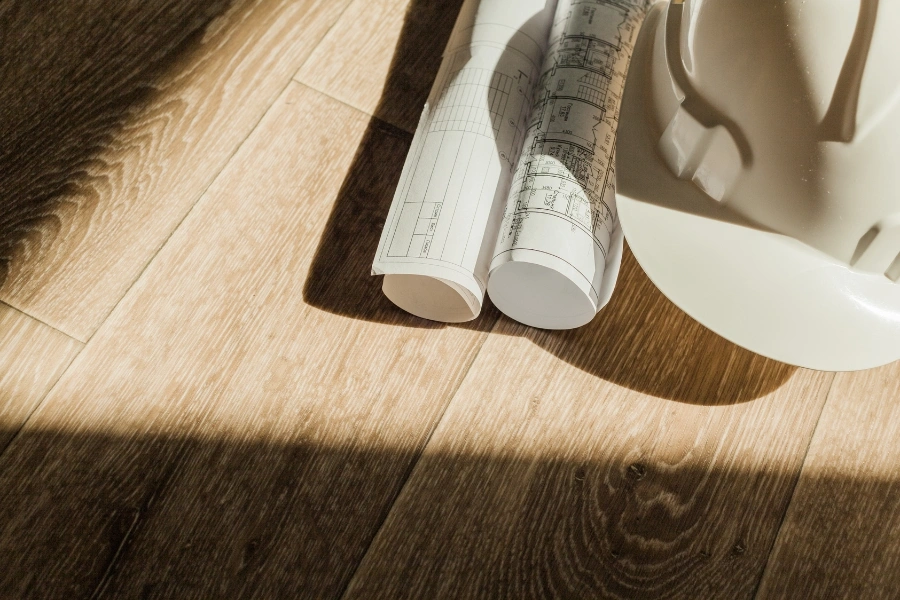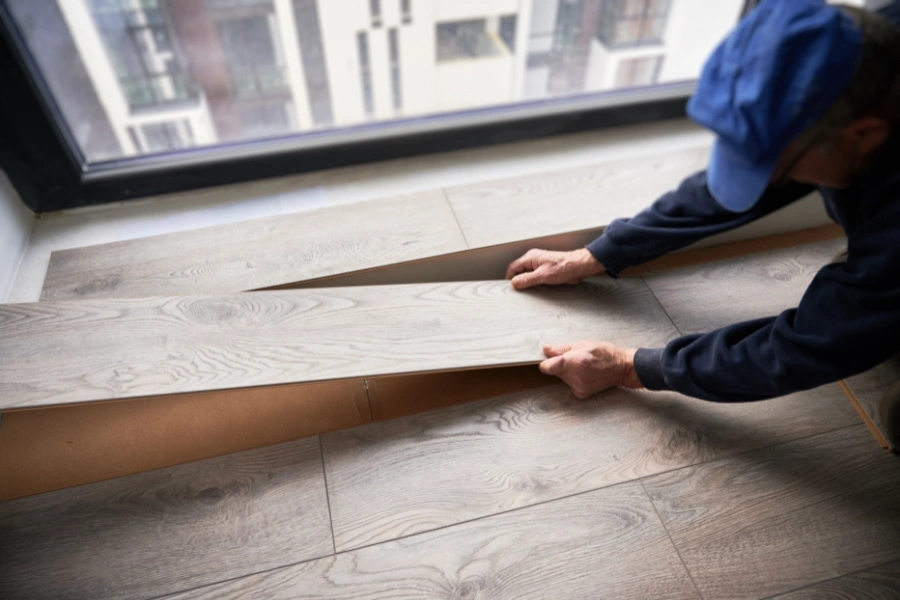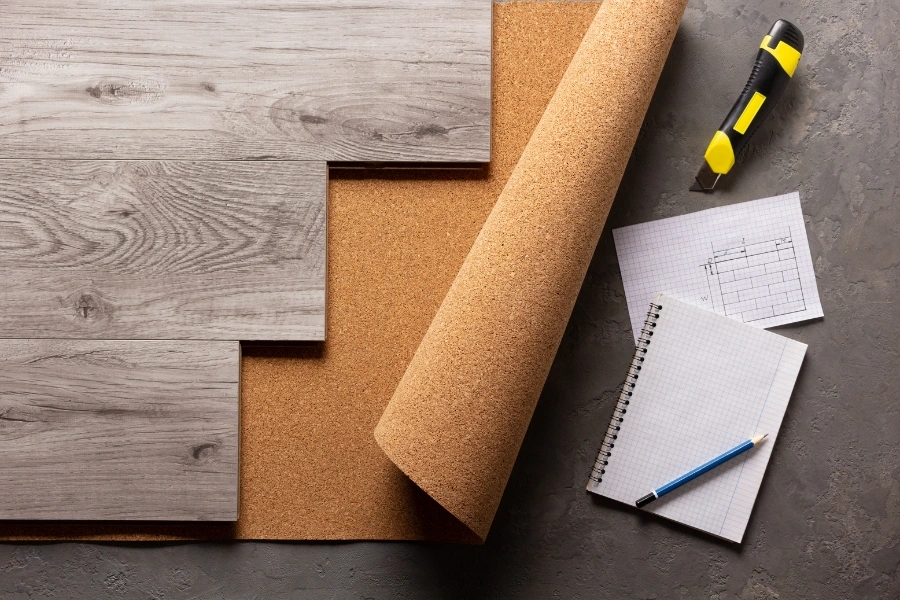So, you want the least amount of sound but you also want to avoid carpet floors. Good news for you, it’s possible to get noise-reducing floors without sacrificing preference or aesthetics! Depending on the choice and method of installation, you can find the best floors to minimize sound.
We’ll guide you through three popular types of hard flooring, ranking them based on their sound-minimizing capabilities, and provide tips on how to get the best acoustic performance from each.
Understanding Sound
Before diving into the ranking of different hard (not carpet, cork, foam, etc.) floors, it’s essential to understand how sound behaves in a room. Sound can be either airborne or impact noise. Airborne noise is sound that travels through the air (like voices or music), while impact noise is created when something hits the floor (like footsteps or dropped objects). For effective sound reduction, floors need to either absorb or dampen these types of sounds.
Hard floors, in general, tend to reflect sound rather than absorb it. But, there’s always a workaround for some materials to perform sound-minimizing qualities better than others.
First Place
Vinyl, an increasingly popular choice for those seeking durable, affordable, and low-maintenance flooring, is ranked the highest among hard flooring options. This is due to its dense, flexible structure that is good at absorbing both impact and airborne noise.
It comes in various thicknesses and types, including options with attached underlayment that further reduce sound transmission. These built-in underlayment layers help dampen noise from foot traffic and prevent it from traveling through the floor into the rooms below, making it a great choice for apartments or multi-story homes.
Moreover, vinyl’s charm comes from its easy installation, moisture-resistant, and highly durable surface. That being said, it’s an excellent choice for high-traffic areas that need sound control. However, the soundproofing benefits are even more pronounced with premium vinyl planks or sheets that feature added sound-dampening layers.
Vinyl is a perfect choice if you’re looking for a professional flooring installation in the GTA to minimize sound on a budget, without compromising on style or practicality.

Second Place
Laminate is another great flooring choice for reducing sound, ranking second. While it is not quite as effective as vinyl in terms of noise reduction, laminate can still absorb a good amount of impact noise, especially when paired with soundproofing underlayment. The layered construction of laminate helps to prevent sound from echoing throughout the space.
Like vinyl, laminate comes in various styles and thicknesses, so it’s important to select a product with a good underlayment for optimal sound absorption. Some options even come with built-in sound-reducing layers, offering added convenience during installation.
One of laminate’s key benefits is its affordability and wide variety of designs that mimic hardwood or stone, allowing homeowners to enjoy the look of more expensive materials while maintaining a lower budget. If you need help choosing a high-quality option to maintain its sound-dampening performance, contact Ez Con to help with the best flooring options.

Third Place
Hardwood floors are not the best floors to minimize sound. This means that footsteps and other impact noises can be quite noticeable, especially in high-traffic areas or multi-story homes.
That being said, they can still help reduce airborne noise somewhat, but they are less effective at controlling impact noise compared to vinyl or laminate. To maximize their sound-proofing ability, the floor would need some extra soundproofing measures like acoustic underlayment or area rugs.
One of its advantages is that it is a long-lasting, durable choice, which can add significant value to your home.
What is Underlayment?
Regardless of which hard floor you choose, adding a soundproofing underlayment can help improve its noise-reducing capabilities. Underlayment materials like cork, foam, or rubber are designed to absorb impact noise and reduce the transmission of sound between floors.
For vinyl and laminate, underlayment is especially important for achieving optimal sound reduction. Many types of vinyl come with an attached underlayment, but if yours does not, adding a high-quality underlayment is essential. Similarly, laminate can benefit greatly from underlayment options specifically designed to reduce sound transmission.
Hardwood floors, though less effective at minimizing sound, can also benefit from a soundproofing underlayment, particularly if you are installing them on concrete or other hard surfaces. Using the right underlayment can help you achieve better acoustics and make your hardwood floors more comfortable to walk on.

Final Thoughts
When it comes to choosing the best floors to minimize sound, vinyl flooring takes the top spot. Laminate comes in at a close second, and last is hardwood.
By selecting the right flooring material and pairing it with an appropriate underlayment, you can achieve a more peaceful living space that deals with loud footsteps, conversations, or noises. The best floors to minimize sound depend on your specific needs and budget, but with vinyl and laminate, you’re sure to get the performance you’re looking for.
